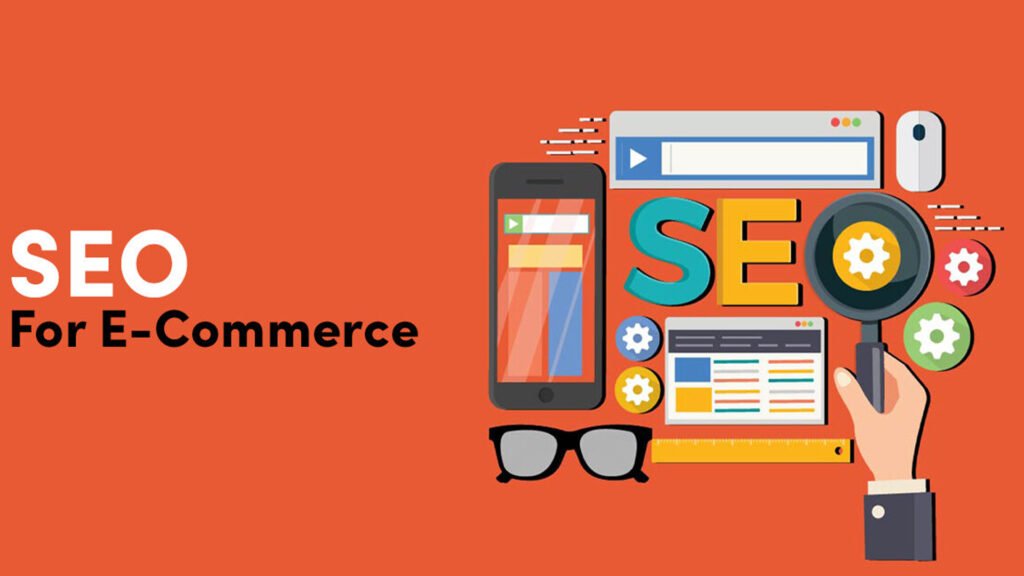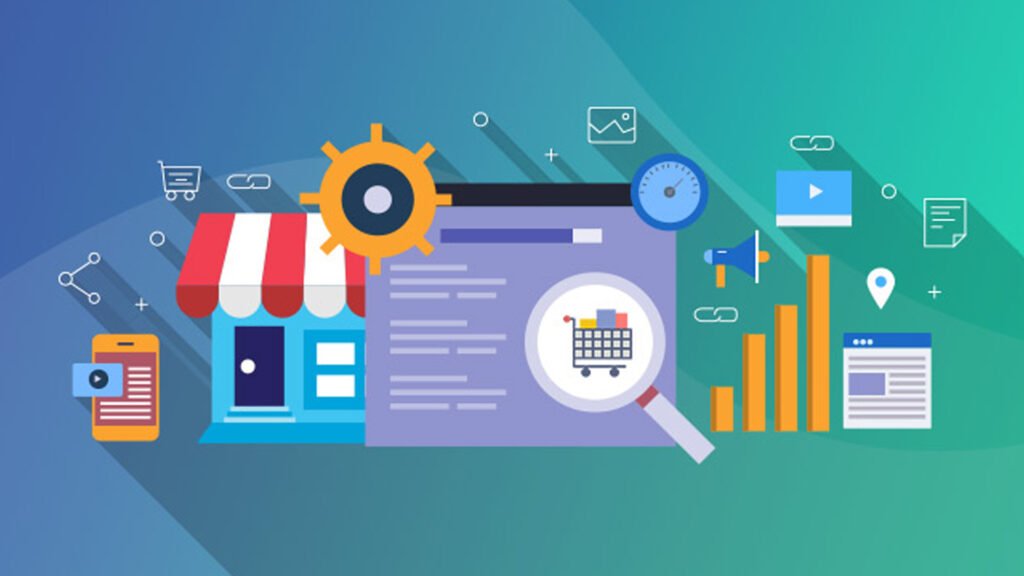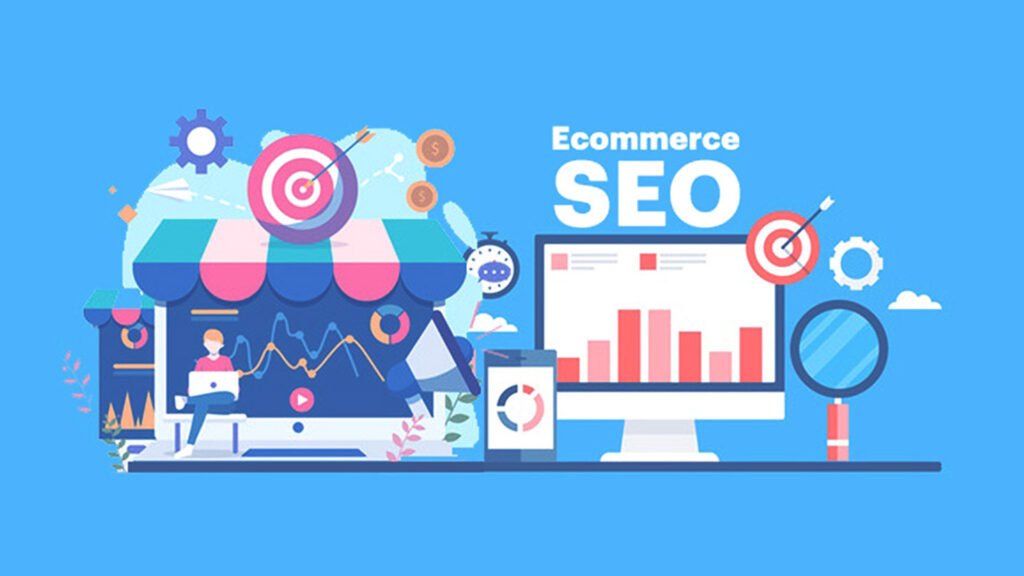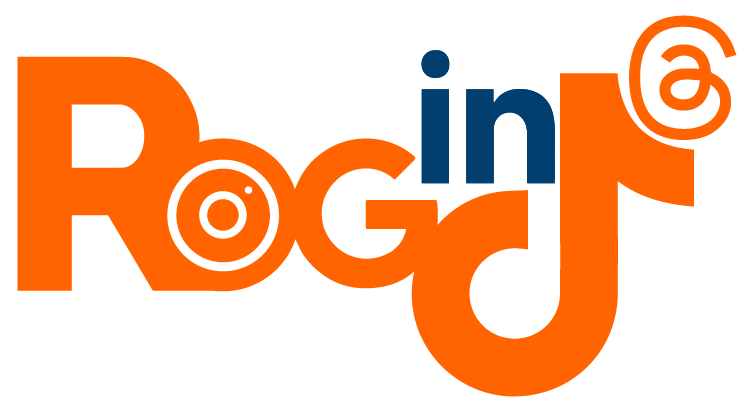How to Succeed as a Marketer in E-Commerce: A Comprehensive Guide to Achieving Success
shoshomoha2047
September 3, 2024
E-commerce is one of the fastest-growing and most prosperous fields in the modern era, offering a golden opportunity for anyone looking to work in digital marketing. With increasing competition in this sector, it has become essential for any digital marketer to be well-versed in the latest strategies and methods to ensure success. In this article, we’ll outline some tips and guidelines that will help you succeed as a marketer in e-commerce.
Understanding the Target Market
The first step toward success in e-commerce is understanding the target market. This means knowing who your potential customers are and what their needs and expectations are. To achieve this, conduct comprehensive market research that includes:
- Competitor Analysis: Understanding who your competitors are and what their strategies are can give you a clear idea of how to outperform them. This includes studying their marketing strategies and how they interact with their customers.
- Demographic Data Analysis: Collecting data on age, gender, geographic location, and interests helps in accurately targeting your audience. Use tools like Google Analytics to understand customer behavior patterns and trends.
- Using Analytical Tools: Tools like Google Analytics help you understand customer behavior and analyze traffic on your site. These tools provide insights into how visitors interact with your site, helping you optimize your strategies.More

Search Engine Optimization (SEO)
Search engine optimization is one of the most critical factors contributing to the success of any e-commerce marketer. By optimizing your site to appear in the top search engine results, you can significantly increase traffic. Here are some tips to achieve that:
- Choosing the Right Keywords: Identify the keywords that potential customers use when searching for the products or services you offer. Use tools like Google Keyword Planner to find the most searched keywords.
- Content Optimization: Your website content should be valuable and naturally include the appropriate keywords. Make your content rich in information and responsive to visitors’ queries.
- Building External Links: Establish high-quality external links that increase your site’s credibility in the eyes of search engines. Try to get links from reputable sites in the same field.
Improving User Experience (UX): Ensure that your site is easy to use and quick to load. A good user experience directly affects your site’s ranking in search engines, so focus on optimizing page load speed and designing the site to be compatible with all devices.

Social Media Marketing
Social media is one of the most powerful tools you can use to reach a broad audience. Here’s how to make the most of it:
- Choosing the Right Platforms: Target the platforms that your audience uses most frequently, such as Instagram, Snapchat, Twitter, and Facebook. Analyzing your target audience helps you determine the most effective platforms for reaching your potential customers.
- Creating Engaging Content: Offer content that is interesting and encourages interaction. Photos and short videos tend to get higher engagement rates, so use them to capture attention and boost interaction with your brand.
- Paid Advertising: Use paid ads to reach a wider audience. You can precisely target your audience based on age, location, and interests, which increases the effectiveness of your campaigns.
- Engaging with the Audience: Posting content alone is not enough; you need to engage with followers and respond to their inquiries to strengthen the relationship with customers. Continuous engagement helps build customer loyalty and enhance your brand’s reputation.

Customer Relationship Management (CRM)
Retaining existing customers is just as important as attracting new ones. Managing customer relationships is a crucial step in this context:
- Using CRM Tools: Tools like HubSpot or Salesforce help organize and manage customer information. These tools help track customer interactions and provide personalized support.
- Email Marketing: Send personalized emails containing special offers or updates about new products. Make sure the emails are relevant and valuable to the recipients.
- Providing Excellent Customer Service: Customers who receive excellent service are more likely to return for repeat purchases. Ensure prompt responses and effective problem-solving to ensure customer satisfaction.

Data Analysis and Performance Measurement
In e-commerce, data is king. By analyzing data, you can make informed decisions that improve the performance of your marketing campaigns:
- Tracking Performance with KPIs: Use Key Performance Indicators (KPIs) like conversion rate, bounce rate, and customer lifetime value to measure the effectiveness of your strategies and identify areas for improvement.
- A/B Testing: Try different versions of landing pages or ads to see which ones perform better. This can help you optimize your designs and strategies for better results.
- Monthly Analytics Reports: Prepare monthly reports to evaluate performance and identify areas that need improvement. Use these reports to plan your future strategies and set new goals.

Content Marketing
Content marketing is one of the best ways to attract customers and build loyalty. By providing valuable content, you can build trust with your target audience:
- Creating a Blog: Write articles on topics that interest your audience and help them make informed purchasing decisions. Product-related content and trends can enhance your credibility as an expert in the field.
- Educational Videos: Provide tutorials or product reviews in an engaging and helpful way. Videos offer an interactive experience that helps customers better understand the products.
- E-book Marketing: Offer free e-books containing valuable information related to your field. These books can be an effective way to attract potential customers and build an email database.

Developing Mobile Applications
With the increasing use of smartphones, it has become essential for any business to have a dedicated app. Mobile applications contribute to enhancing the user experience and increasing sales:
- Developing a User-Friendly App: Ensure that the app runs smoothly and provides an excellent user experience. Good design and integrated functions enhance the user experience.
- Promoting the App: Use social media and email marketing to promote the app and encourage customers to download it. Offer special perks to users who download the app.
- Exclusive Offers: Offer special deals to users who make purchases through the app to increase downloads and sales. Promotional offers make the app more attractive and increase customer interaction.

Staying Up-to-Date with the Latest Developments
The digital world is constantly changing, and what worked yesterday may not be effective today. Therefore, it is essential to stay up-to-date with the latest developments in digital marketing:
- Subscribing to Newsletters: Follow the latest news and articles related to e-commerce and digital marketing. Newsletters keep you updated on the latest trends and technologies.
- Attending Conferences and Seminars: Take advantage of events that bring together industry experts and help you gain new insights. These events provide opportunities to network and learn from industry leaders.
- Continuous Learning: Participate in online courses to improve your skills and update your knowledge of the latest tools and techniques. Continuous learning helps you stay competitive in the job market.

Succeeding as an e-commerce marketer requires a combination of effective strategies, a deep understanding of the target market, and continuous learning. By applying the tips mentioned above and improving your digital marketing skills, you can enhance your chances of success in this thriving field. If you need help developing digital marketing strategies for your business, contact Rogenda Marketing for customized consultations that will help you achieve your goals and increase your sales.More

